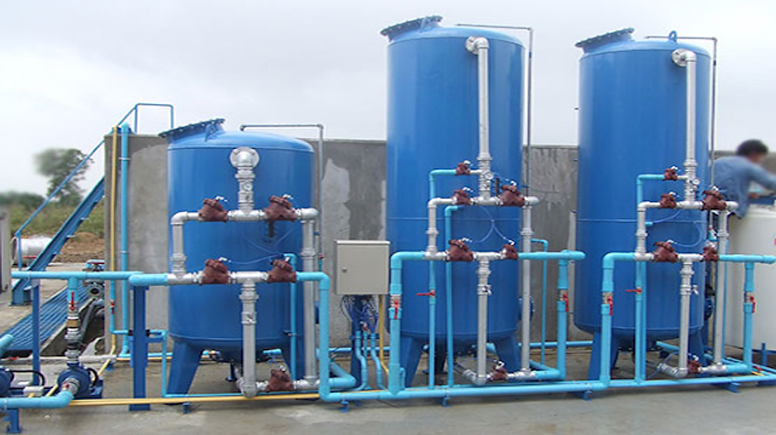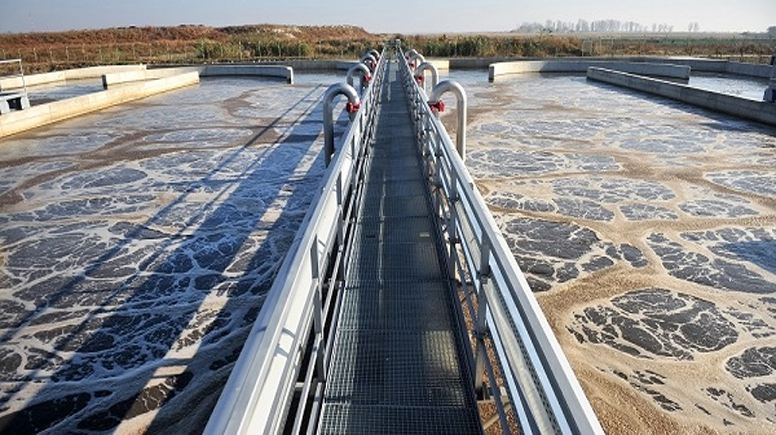Industrial Water Treatment Plant
Industrial wastewater treatment involves the utilization of various processes to address the wastewater generated as a by-product of industrial activities, rendering it less harmful. Following treatment, the processed industrial wastewater, also known as effluent, can be repurposed, discharged into a sanitary sewer system, or released into surface water bodies. Certain industrial establishments produce wastewater that can be managed through conventional sewage treatment plants.
The majority of industries generate wastewater as a byproduct of their operations. A current trend involves efforts to either minimize this production or recycle treated wastewater back into the production process. Some industries have achieved success by redesigning their manufacturing processes to decrease or completely eliminate the release of pollutants.
Industrial Water Treatment Plant
Industrial Water Treatment Plants are essential facilities that process water used in industrial processes, ensuring it meets quality standards for safe use or discharge. These plants employ various treatment methods such as filtration, chemical treatment, and reverse osmosis to remove contaminants and impurities. They play a crucial role in maintaining the efficiency of industrial processes, protecting equipment from corrosion and scaling, and complying with environmental regulations.
Industrial Waste Water Treatment Plant
Industrial Wastewater Treatment Plants are crucial facilities that process and treat wastewater generated from industrial activities. These plants employ a variety of treatment methods, including physical, chemical, and biological processes, to remove pollutants and contaminants from wastewater before it is discharged into the environment or reused. Industrial Wastewater Treatment Plants play a vital role in protecting public health, preserving natural water resources, and ensuring regulatory compliance.


